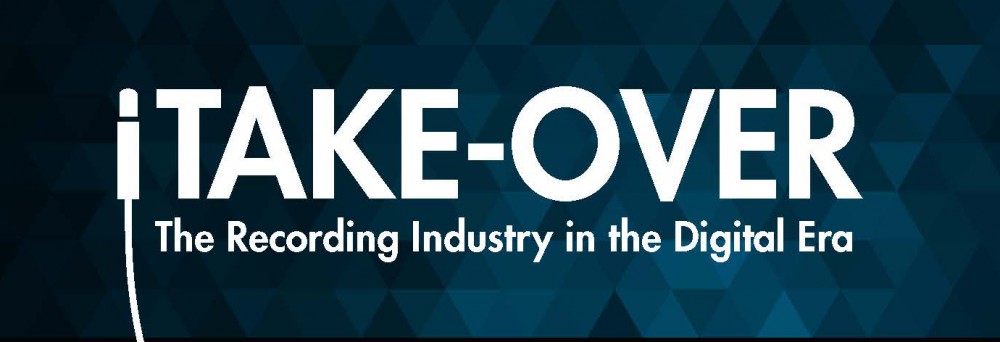There is a lot at stake with the development of digital music and the ability to download it over the internet. One of the biggest confusions occurs when the Recording Industry Association of America discusses file-sharing as something that will end recorded music as we know it. If you listen to the RIAA, you are liable to believe that there will no longer be recorded music if file-sharers keep “pirating” music, but this is not close to the truth. Yes, major record labels could lose their dominance in the market place, but does that mean that music is dead? The RIAA has been claiming that the disintermediation provided by the internet will lead to the decline and ultimately the failure of the recording industry. The decline of the recording industry, however, is not the end of music. While the recording industry cannot exist without music, music can exist without the recording industry (even the music industry can exist without the recording industry). Continue reading
Monthly Archives: July 2009
Musicians are Laborers
Previously, I mentioned that the Recording Industry Association of America (RIAA) won its first lawsuit against people sharing music via the Internet. As long as there has been copyright legislation, there has been “piracy” – I’m sure that someone was bootlegging print copies of Beethoven’s symphonies. However, no one had been charged for pirating something where they were in turn not profiting from its sale. Sharing music online is not the same thing as selling illegally reproduced music. Furthermore, all of this is being done in the name of the musicians – the RIAA argues that when people download music on file-sharing programs, they are stealing from musicians. But where is the money going from the RIAA’s litigation? Typically the money from lawsuits (not just about file-sharing) goes back to the RIAA and the major record labels. What follows is a brief explanation of why the RIAA and the major record labels are more exploitative of musicians than file-sharers. Future blog posts will further elucidate the erroneous nature of the music industry’s arguments about file-sharing.
